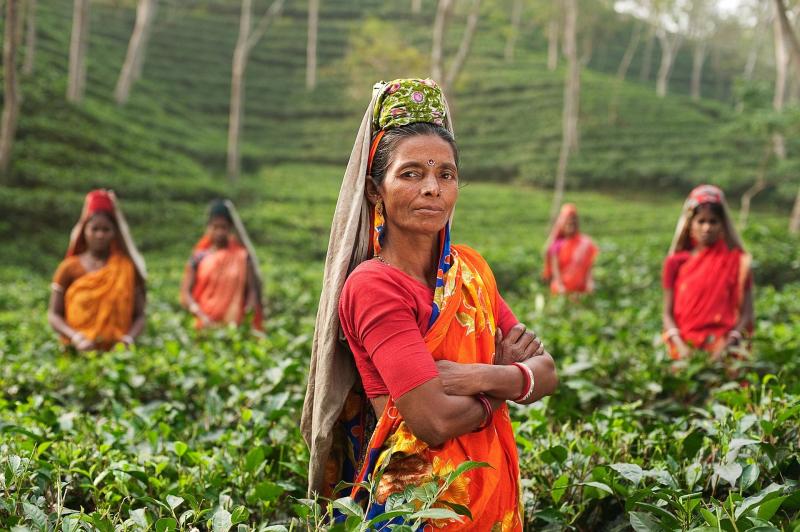Zartaj Gul stresses for removal of gap between climate change policies and gender issues


Minister of State for Climate Change, Ms Zartaj Gul Wazir, has said that the climate change is not a gender-neutral phenomenon and a gap between climate change policies and gender issues still exists that needs to be redressed properly.
“We need to acknowledge that the struggle that women face during the climate crisis is different from those that are faced by men.”
She said this while sharing her view at the report launch: ‘Climate induced migration among women: stories from Muzaffargarh and Tharparkar districts Pakistan held by Sustainable Development Policy Institute (SDPI)’ here on Thursday.
While commenting on the findings of report that were shared earlier, Ms Zartaj Gul said that “we cannot have women empowerment without education and financial independence.” Therefore, including women in the workforce and providing employment opportunities as well as ensuring access to school and agricultural trainings is imperative.
“Climate induced migration with a gender lens must be included in Pakistan’s climate change policy,” she said while informing the participants that her ministry is working to achieve this objective. She added further that the implementation on laws for protecting women from gender-based violence should be ensured while working with provincial and district level law enforcing agencies.
Director Climate Action Network in South Asia (CANSA), Mr Sanjay Vashist, emphasized that climate change induced migration must be looked into from a regional and international perspective. Sharing his own presentation on climate migration in South Asia, he said that climate change will severely impact agriculture, water resources, ecosystems, food security, health, and energy production in the region whereas women and children are particularly vulnerable before this phenomenon.
Dr Abid Qaiyum Suleri, Executive Director, Sustainable Development Policy Institute (SDPI highlighted that gender aspect of climate migration is an important lens to examine this climate reduced internal migration in our policy structures.
“During COVID-19, we also need to consider complications when dealing with IDPs and displaced women should be included under the coverage of social protection mechanisms,” Dr Suleri said and further that women-led households should be reached out on priority basis. Besides, we need to expand the scope of studies on the issue from national to regional to international levels, he added.
Ms Raus Marija, from Silk Routes at International Centre for Migration Policy Development (ICMPD), while appreciating the importance of the report, said that “we need to focus on migration and long-term effects of climate change as well as developing possible strategies and tools on climate migration. Pakistan is one of the most vulnerable and disaster-prone regions to climate change and thus, making data collection on climate migration should be a priority area in future.”
Head of ICMPD Pakistan office, Ms Raana Rahim, opined that since the report has highlighted how the negative impact of climate change disproportionately effects the poorer and less educated fragments of society, particularly women, the response must also be gender responsive with taking these needs into consideration.
Mr Danish Hasan Ansari, Visiting Researcher at SDPI, earlier presented research findings and policy recommendations at local, national, and international levels.
He highlighted that economic empowerment is necessary to boost women’s decision-making power. “We need to launch awareness campaigns on climate change impact for communities at grassroot level and health and hygiene needs of women and girls, especially during the crisis time,” he added.
Khansa Naeem, Project Assistant and by Maryam Shabbir Abbasi, Environmentalist at SDPI, also shared various aspects of the issue with the audience including a high risk of sexual violence for women who are internally displaced due to climate change.
The report also comprised stories from local women on their experiences with climate migration, the challenges they faced, its impact on their health and well-being as well as financial constraints and lack of access to clean drinking water and food.
Leave a Comment